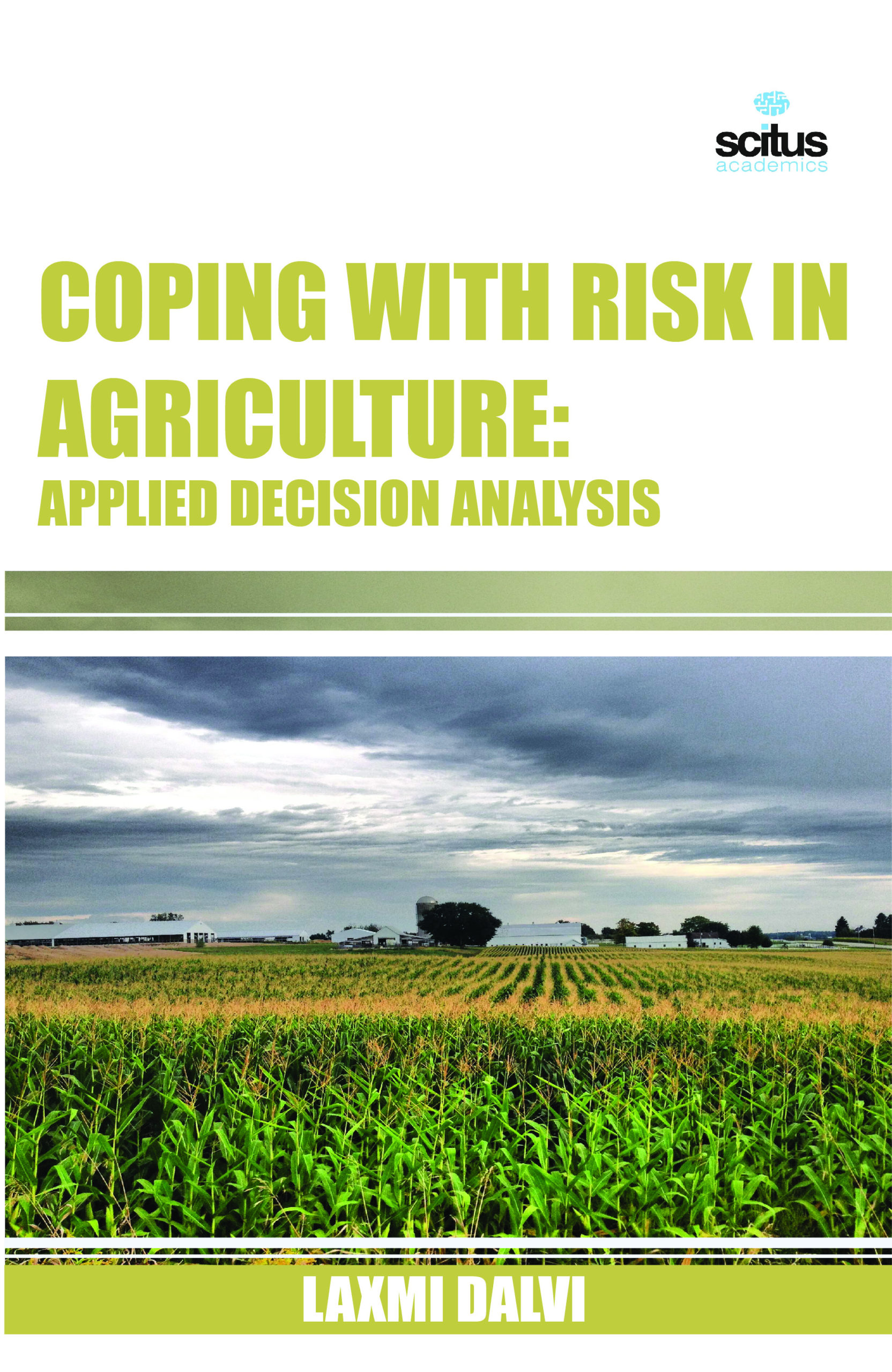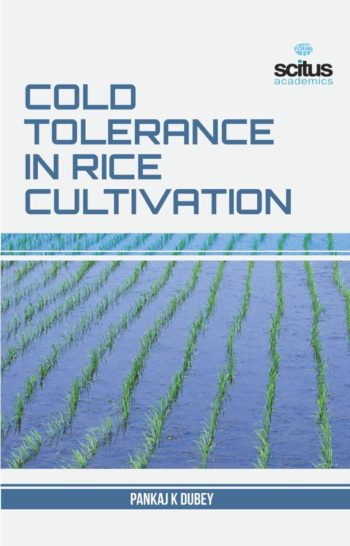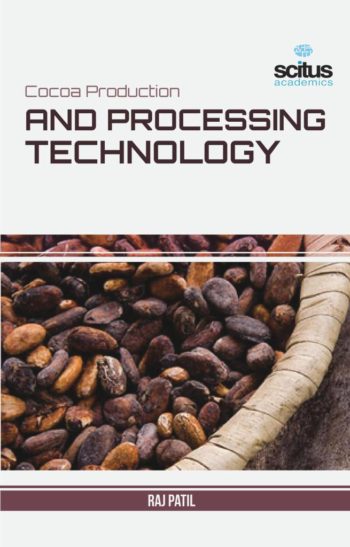Farmers in developing countries are frequently exposed to the uncertainties of weather, prices and disease. Many farmers live on the edge of extreme uncertainty, sometimes falling just below, and sometimes rising just above the threshold of survival. Farmers do not know whether rainfall will be good or bad over a season; they do not know the prices they will receive for produce sold; and they do not know whether their crops will be infected by disease. These risks are not under the control of farmers but some farmers have developed ways of coping and managing them. Farmers make decisions every day that affect farming operations. Many of the factors that affect the decisions they make cannot be predicted with complete accuracy; this is risk. Farming has become increasingly risky as farmers become more commercial. Farmers need to understand risk and have risk management skills to better anticipate problems and reduce consequences. Decision-making is the principal activity of management. All decisions have outcomes or consequences. However, in most situations the outcome of a decision cannot be predicted. The more complex the risk, the more difficult it becomes for farmers to make an informed decision. For effective decisions to be taken, farmers need information on many aspects of the farming business. Farmers have to find ways of dealing with risk and protecting themselves from the uncertainties of the future.













